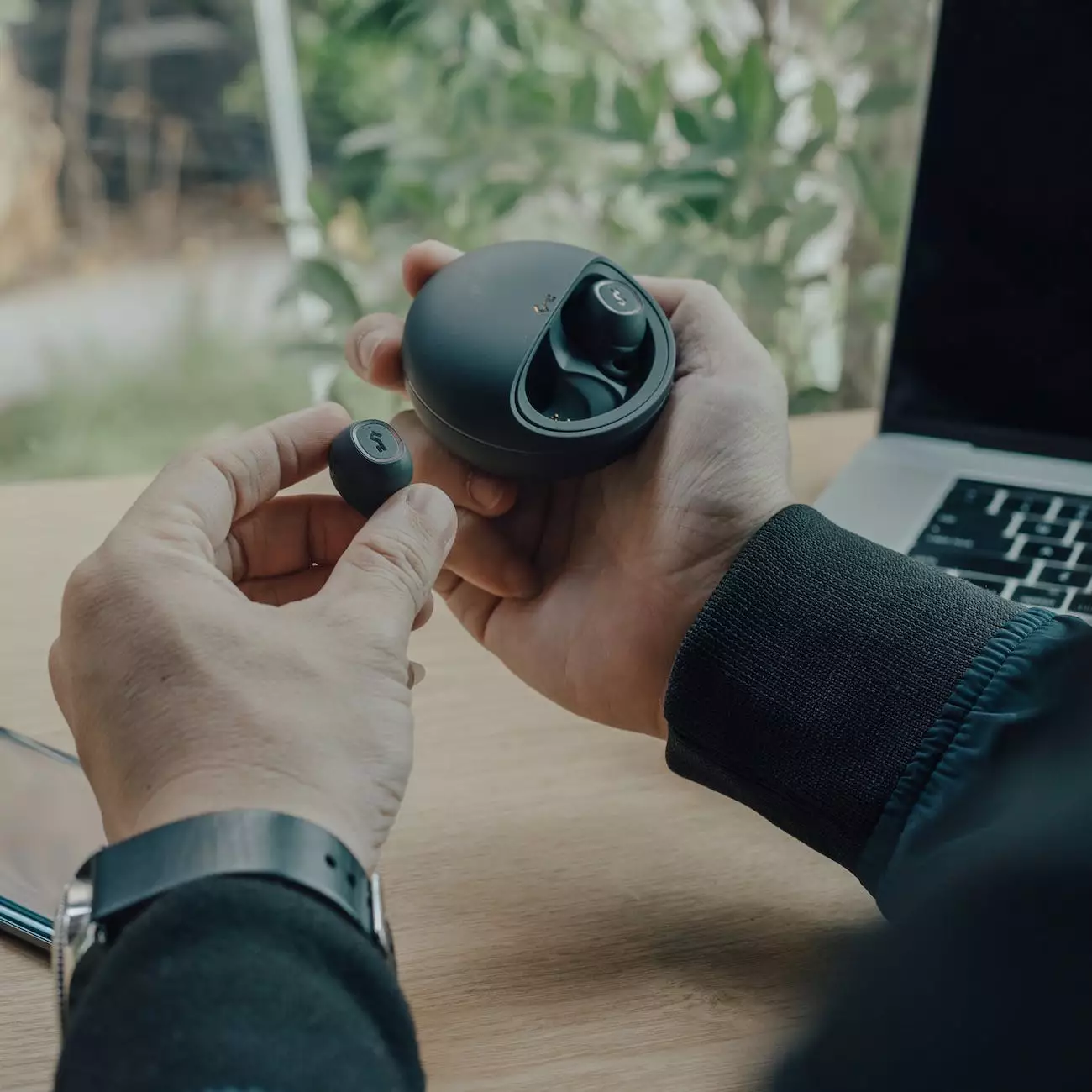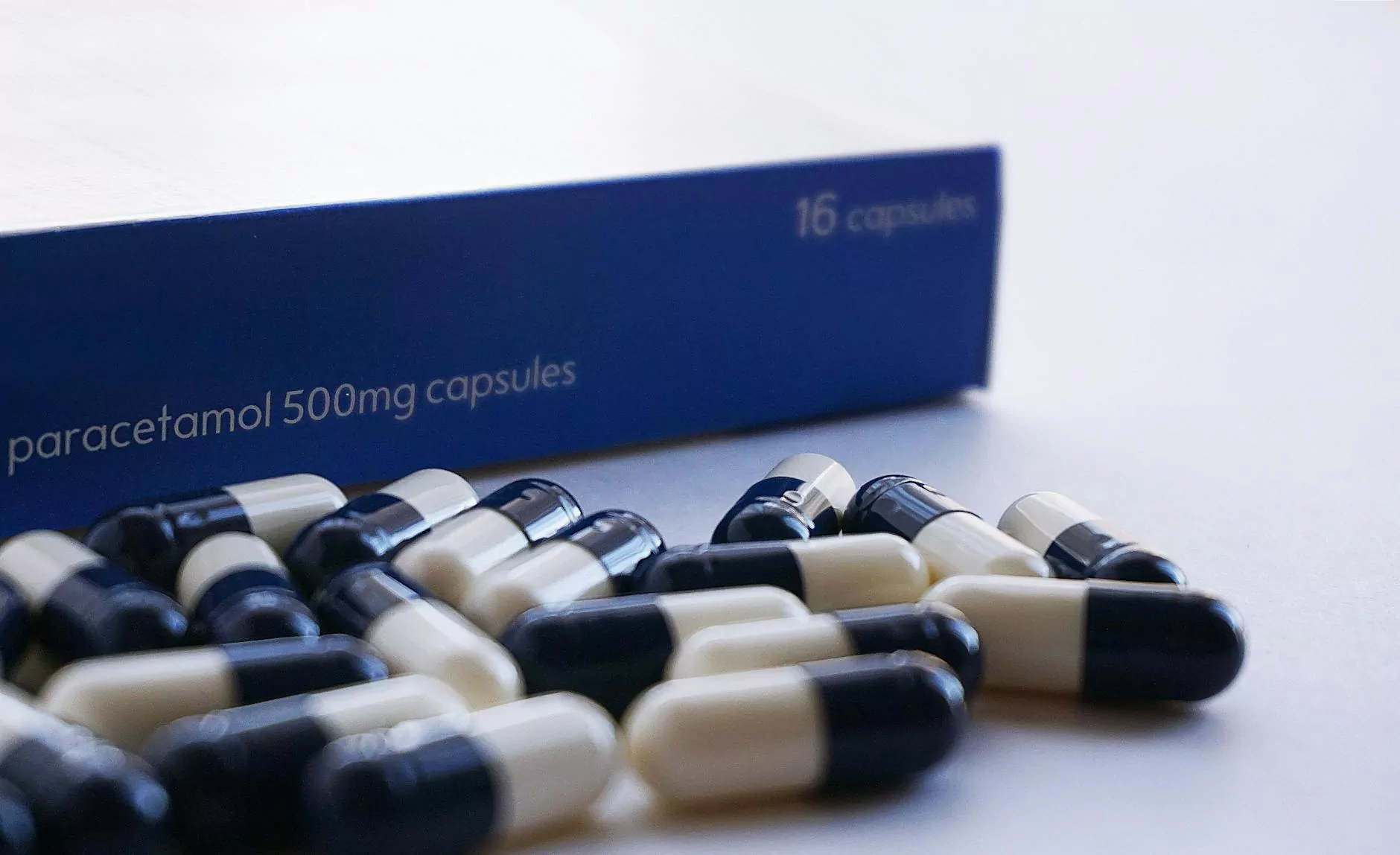What is the Penalty for Giving Away Prescription Drugs in New Jersey?
Drug Crimes
Welcome to The Skiendziul Law Firm, a trusted name in legal services specializing in law and government matters, specifically in the area of prescription drug offenses. In this comprehensive guide, we will provide you with detailed information on the penalties for giving away prescription drugs in New Jersey.
Understanding Prescription Drug Laws in New Jersey
Prescription drug laws in New Jersey are in place to protect public health and safety. These laws regulate the distribution and dispensing of prescription drugs to ensure their proper use and prevent abuse or illegal activities.
However, giving away prescription drugs without authorization can lead to serious legal consequences. It's important to be aware of the laws and penalties in order to avoid potential legal trouble.
Potential Penalties for Giving Away Prescription Drugs
The penalties for giving away prescription drugs in New Jersey vary depending on several factors, including the type and quantity of drugs involved, the intent of the individual, and the presence of any aggravating circumstances. Here are some of the potential penalties you could face:
1. Criminal Charges and Incarceration
If found guilty of giving away prescription drugs, you could face criminal charges. In New Jersey, drug offenses are classified into different degrees, ranging from first-degree to fourth-degree, with first-degree offenses carrying the most severe penalties.
A conviction for giving away prescription drugs can result in imprisonment, ranging from a few months to several years, depending on the severity of the offense. It's imperative to consult with a knowledgeable attorney who can build a strong defense strategy to protect your rights.
2. Fines and Monetary Penalties
In addition to potential incarceration, you may also face fines and monetary penalties. The amount of fines varies depending on the specific offense and can range from a few thousand dollars to tens of thousands. These fines can have a substantial impact on your personal finances.
Moreover, the court may impose restitution orders to compensate any victims for damages resulting from the distribution or use of the prescription drugs. It is crucial to understand the financial implications and seek legal advice to navigate through the legal process.
3. Professional Consequences
For individuals in certain professions, a conviction for giving away prescription drugs can lead to detrimental professional consequences. Healthcare professionals, pharmacists, and other licensed practitioners may face disciplinary actions, including the suspension or revocation of their professional licenses.
Moreover, having a criminal record can severely impact future employment opportunities, affecting one's career and reputation. It is essential to consult with legal professionals who understand the specific implications for your profession.
Defenses and Legal Representation
If you have been accused of giving away prescription drugs in New Jersey, it is crucial to seek legal representation immediately. A skilled attorney can help build a strong defense strategy tailored to your case, potentially minimizing or even dismissing the charges against you.
Some common defenses in prescription drug cases include lack of intent, improper search and seizure, violation of Miranda rights, and errors in laboratory testing. A knowledgeable attorney will assess the circumstances of your case to determine the best course of action.
Contact The Skiendziul Law Firm Today
At The Skiendziul Law Firm, we understand the complexities of prescription drug laws in New Jersey. Our team of highly experienced attorneys is dedicated to protecting your rights and providing you with top-notch legal representation.
With our in-depth knowledge of the legal system and our commitment to client advocacy, we can guide you through the legal process and help you achieve the best possible outcome. Contact The Skiendziul Law Firm today for a confidential consultation. Don't wait, act now!










